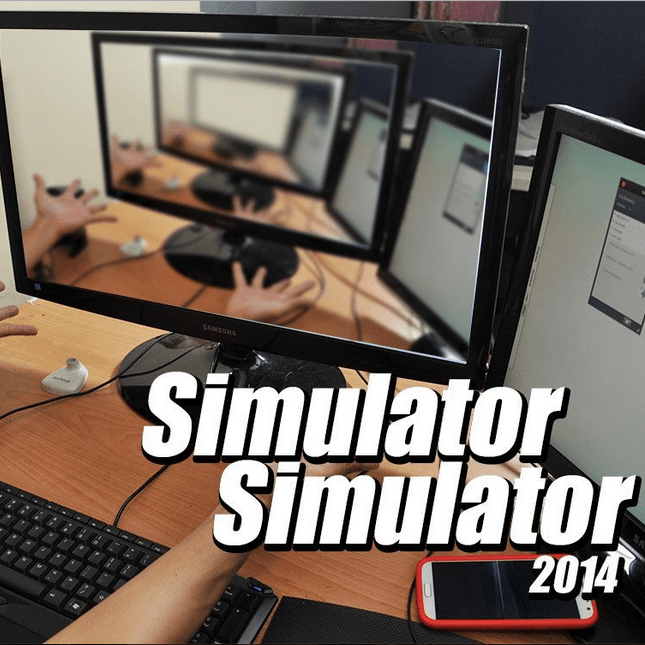5 Reasons It’s Stupid to Believe We’re Living in a Simulation
Unless you’ve been hiding under a rock, you’ve probably read the story that Elon Musk thinks we’re living in a simulation. The scary thing is, he’s not alone. The theory has spread like wildfire throughout Silicon Valley thanks to a 2003 essay by philosopher Nick Bostrom.
According to Musk, if it’s true that some advanced civilization in the future could create a simulation that is indistinguishable from reality, then new simulations would probably proliferate like video games. Therefore the probability that our reality is the original “base” reality is one in billions. Therefore, we’re living in a simulation.

This might sound a little nuts, but it’s gone so far that even Bank of America is on board. In a letter to clients, they claim that there is a 20-50% chance that we are living in a simulation. Crazy, right?
The problem is, it’s more than crazy. It’s also stupid, probably impossible, and even a little dangerous.
Here’s why.

1. Simulations still exist in reality
Something we often forget about virtual reality is that it also exists in the real world. It’s not like you can magically conjure up a world out of nothing—even the most fantastical virtual world still has to obey the laws of nature, even if that only means electrons moving around inside a computer. Unless you could invent a simulation that was self-contained alternate dimension and didn’t require a computer, technically the simulation would still exist inside of the “base” reality.
Whew! I think I just broke my brain.
2. It may be impossible to simulate the human mind
Humans have been studying the brain for centuries, and while we’ve made huge advances in that time, we still don’t understand how consciousness works. So while we may be able to treat various mental conditions and physical issues with the brain like acquired brain injury, simulating actual human consciousness in a computer is a long way off—and at this stage, we don’t even know if it’s possible at all. Are we too stupid to even simulate our own stupidity?

3. If a simulation is indistinguishable from reality, it is reality
What if you realized you were living in a simulation, but there’s no way you could ever confirm your theory because there’s no way you could ever see the simulation from the outside? While this may be a fascinating idea to some, many others might say: Who the hell cares? If there’s no way out of your simulation, and it’s basically indistinguishable from reality, then it is reality—at least for you. Why not just get on with your (possibly simulated) life?
4. If people really believed that nothing was real, could it lead to a societal breakdown?
If Elon Musk manages to convince everyone that they are living inside a simulation, what would the social consequences be? If people really started to believe that nothing is real, and that their actions have no consequences, would they start to disregard laws and morality? Would concepts like love and loyalty be devalued, since they are most probably parameters programmed into a game? Would taboos like murder, theft, and wanton destruction suddenly become acceptable?
There’s only one way to find out, I guess.
5. Will simulation theories lead to Silicon Valley billionaires to destroy the universe?
According to a New Yorker profile of Y Combinator president Sam Altman, two unnamed Silicon Valley billionaires have become so obsessed with the idea that we are living in a simulation, they are secretly funding teams of scientists to find a way out. Of course, all this sounds like the plot of the Matrix, but when you think about it, they’re relying on one pretty hefty assumption: that there’s something else outside of our reality. Sure, we might wake up gasping like Keanu Reeves in our stasis pod—or, they could wind up accidentally deleting us all and ending life as we know it. After all, if a hard drive crashes in the middle of a vacuum, will anybody hear it?









